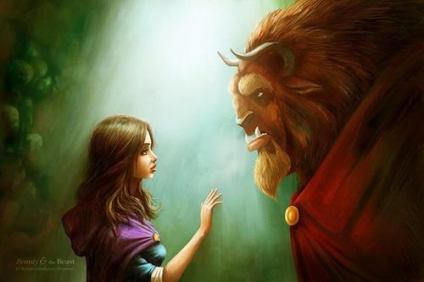If you’ve never heard of TED talks, then stop reading this and visit this link. You’re back already? Don’t you feel smarter?
TED talks are brilliant. They encourage creativity and innovation in politics, religion, and culture in general. Yesterday I saw the one titled ‘Looks aren’t Everything. Believe me. I’m a model.’ and I squealed with delight (not really). But I didn’t know just how relevant it would be to this blog. I have been trying to put my specific purpose for this blog into words and here it is via Cameron Russell’s closing statement in the above video:
“If there’s a takeaway to this talk I hope it’s that we all feel more comfortable acknowledging the power of image in our perceived successes and our perceived failures.”
That’s what I want. Like I said yesterday, we will never get 313.9 million individual Americans to forget about outward looks. We are biologically programmed to be attracted to and to respond better to physically beautiful things. But I think that we often ignore this issue. Sure we talk about the cruelty of the modeling business on girls’ self-esteem. But that’s about it. What about bias in the workplace? in dating? in receiving free stuff? in getting a traffic ticket? in getting frisked at the airport? Just because there isn’t a solve-all solution doesn’t mean an issue isn’t worth exploring and trying to understand.
Still don’t think it’s a real world issue? Listen to a few of Russell’s current statistics. In 2007 a student counted 677 models. Only 27 were non-white. “Of the 140,000 teenagers that were stopped and frisked [in New York], 86% of them were black and latino.” I know I’ve mainly been talking about the benefits given to attractive females, but there it is. This problem is so much bigger than most people are willing to acknowledge.
I want to leave you with another quote that I found particularly insightful and will be making a full post on later this week:
“There’s very little that we can do to transform how we look. And how we look, though it is superficial and immutable, has a huge impact on our lives.”

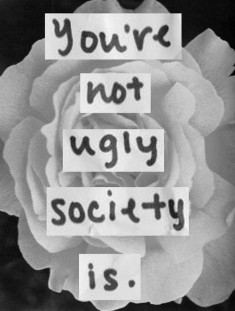
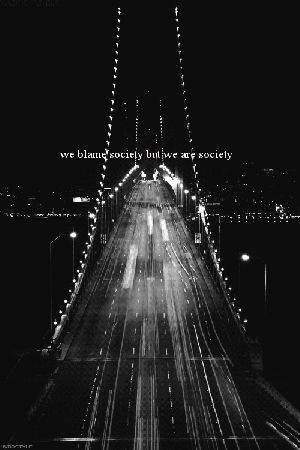
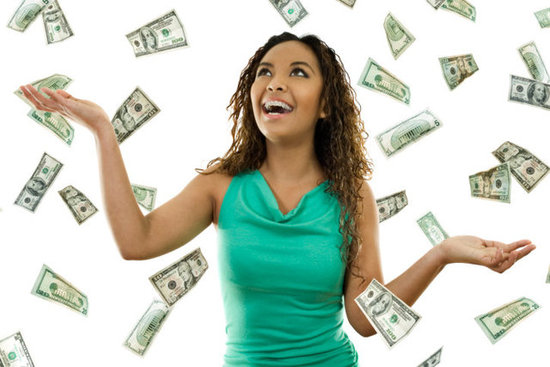
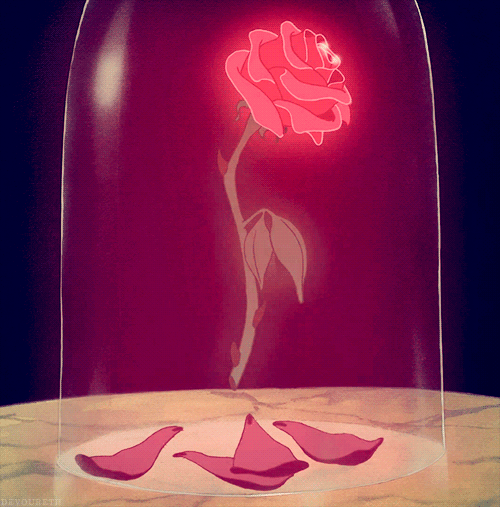
 “Once upon a time, in a faraway land, a young prince lived in a shining castle. Although he had everything his heart desired, the prince was spoiled, selfish, and unkind. But then, one winter’s night, an old beggar woman came to the castle and offered him a single rose in return for shelter from the bitter cold. Repulsed by her haggard appearance, the prince sneered at the gift and turned the old woman away, but she warned him not to be deceived by appearances, for beauty is found within. And when he dismissed her again, the old woman’s ugliness melted away to reveal a beautiful enchantress. The prince tried to apologize, but it was too late, for she had seen that there was no love in his heart, and as punishment, she transformed him into a hideous beast, and placed a powerful spell on the castle, and all who lived there. Ashamed of his monstrous form, the beast concealed himself inside his castle, with a magic mirror as his only window to the outside world. The rose she had offered was truly an enchanted rose, which would bloom until his twenty-first year.
“Once upon a time, in a faraway land, a young prince lived in a shining castle. Although he had everything his heart desired, the prince was spoiled, selfish, and unkind. But then, one winter’s night, an old beggar woman came to the castle and offered him a single rose in return for shelter from the bitter cold. Repulsed by her haggard appearance, the prince sneered at the gift and turned the old woman away, but she warned him not to be deceived by appearances, for beauty is found within. And when he dismissed her again, the old woman’s ugliness melted away to reveal a beautiful enchantress. The prince tried to apologize, but it was too late, for she had seen that there was no love in his heart, and as punishment, she transformed him into a hideous beast, and placed a powerful spell on the castle, and all who lived there. Ashamed of his monstrous form, the beast concealed himself inside his castle, with a magic mirror as his only window to the outside world. The rose she had offered was truly an enchanted rose, which would bloom until his twenty-first year. 